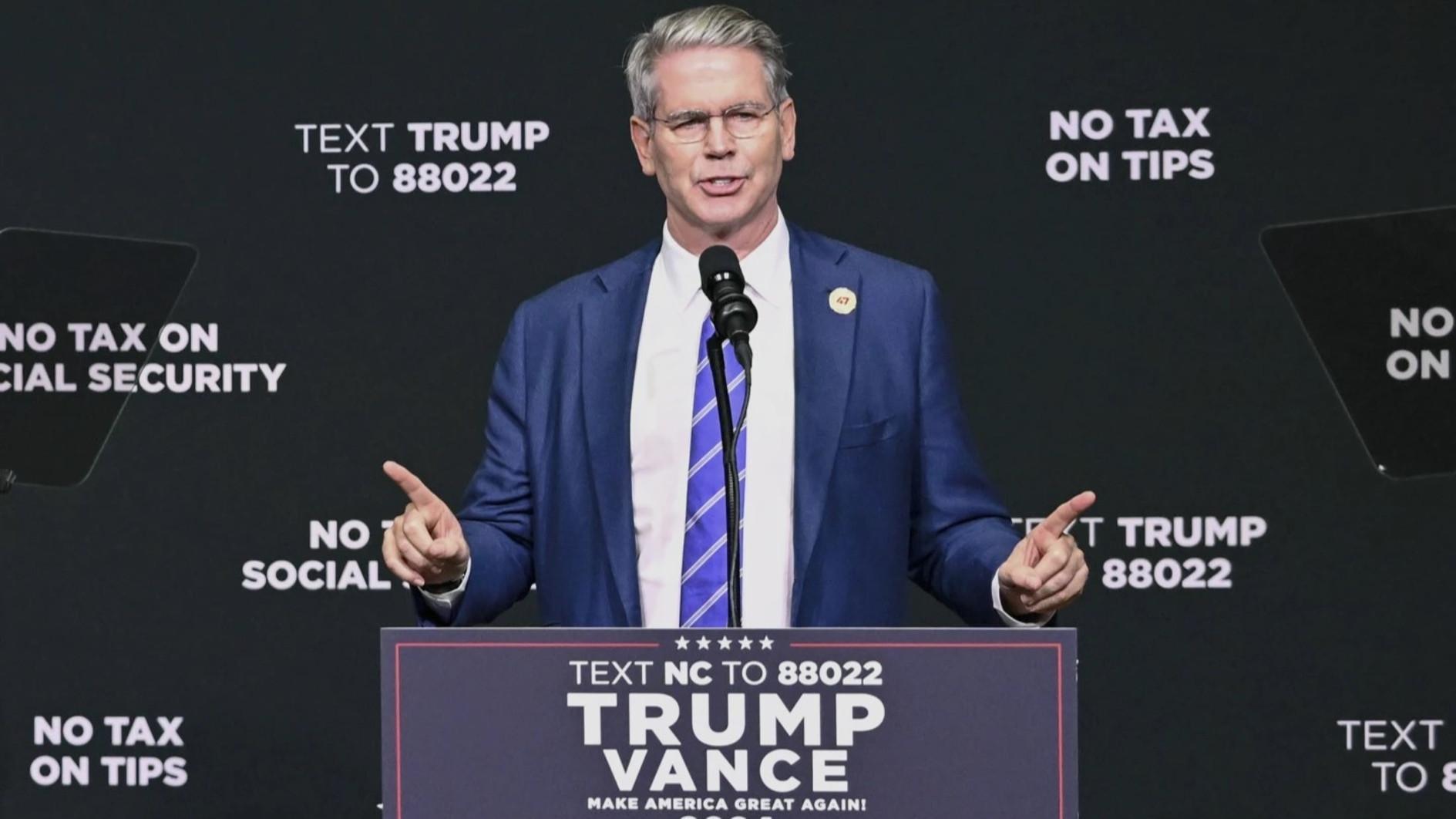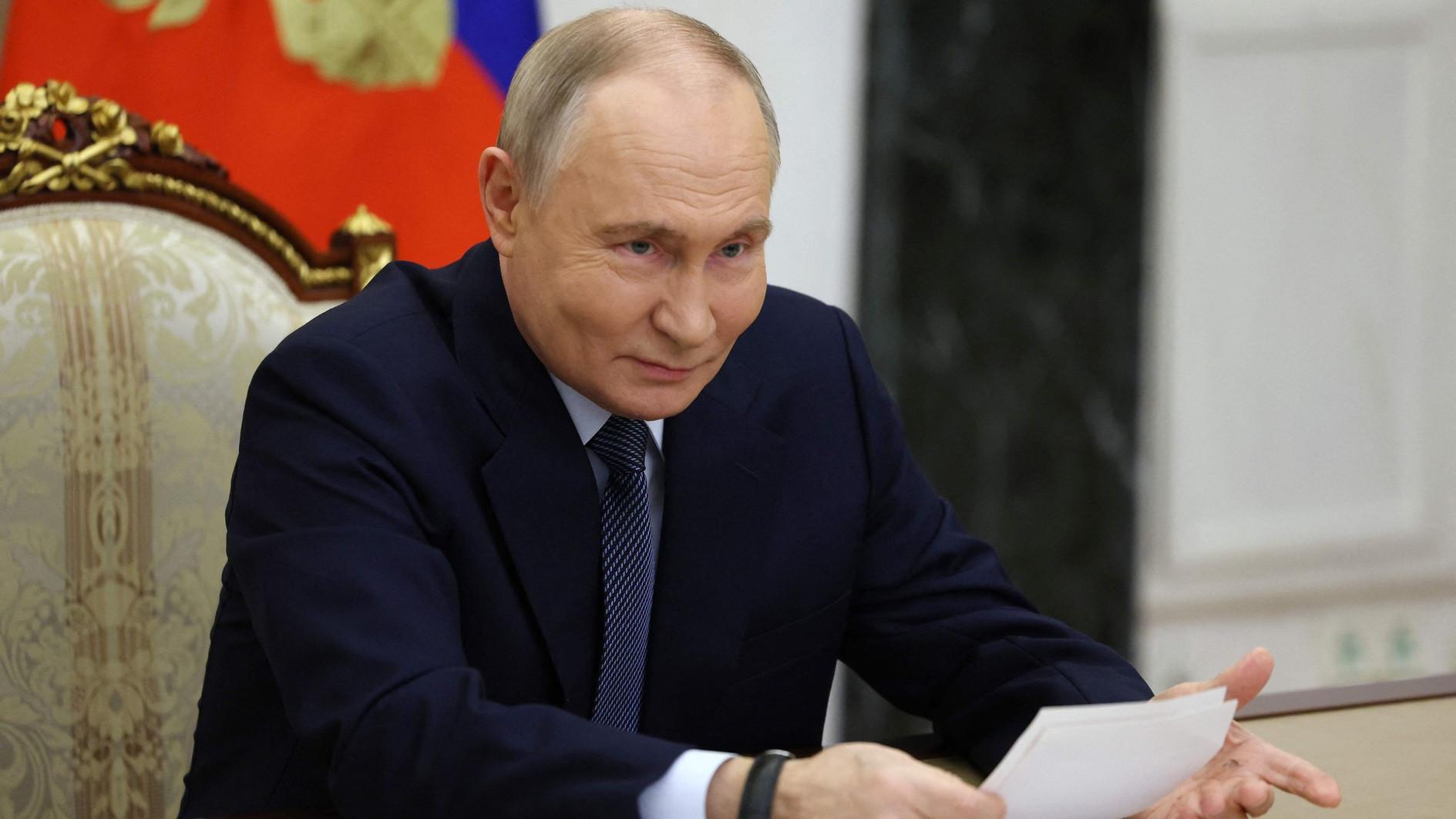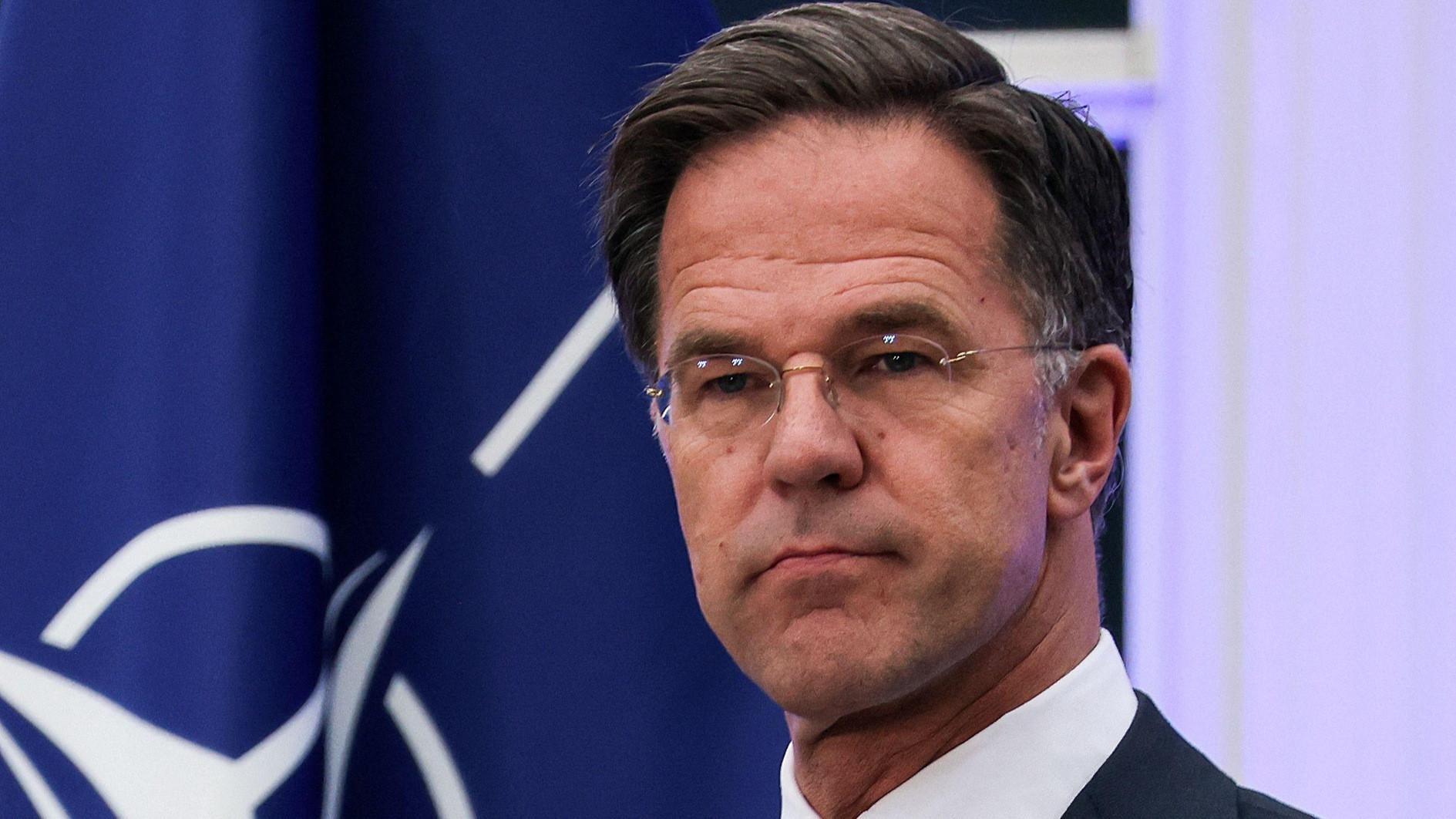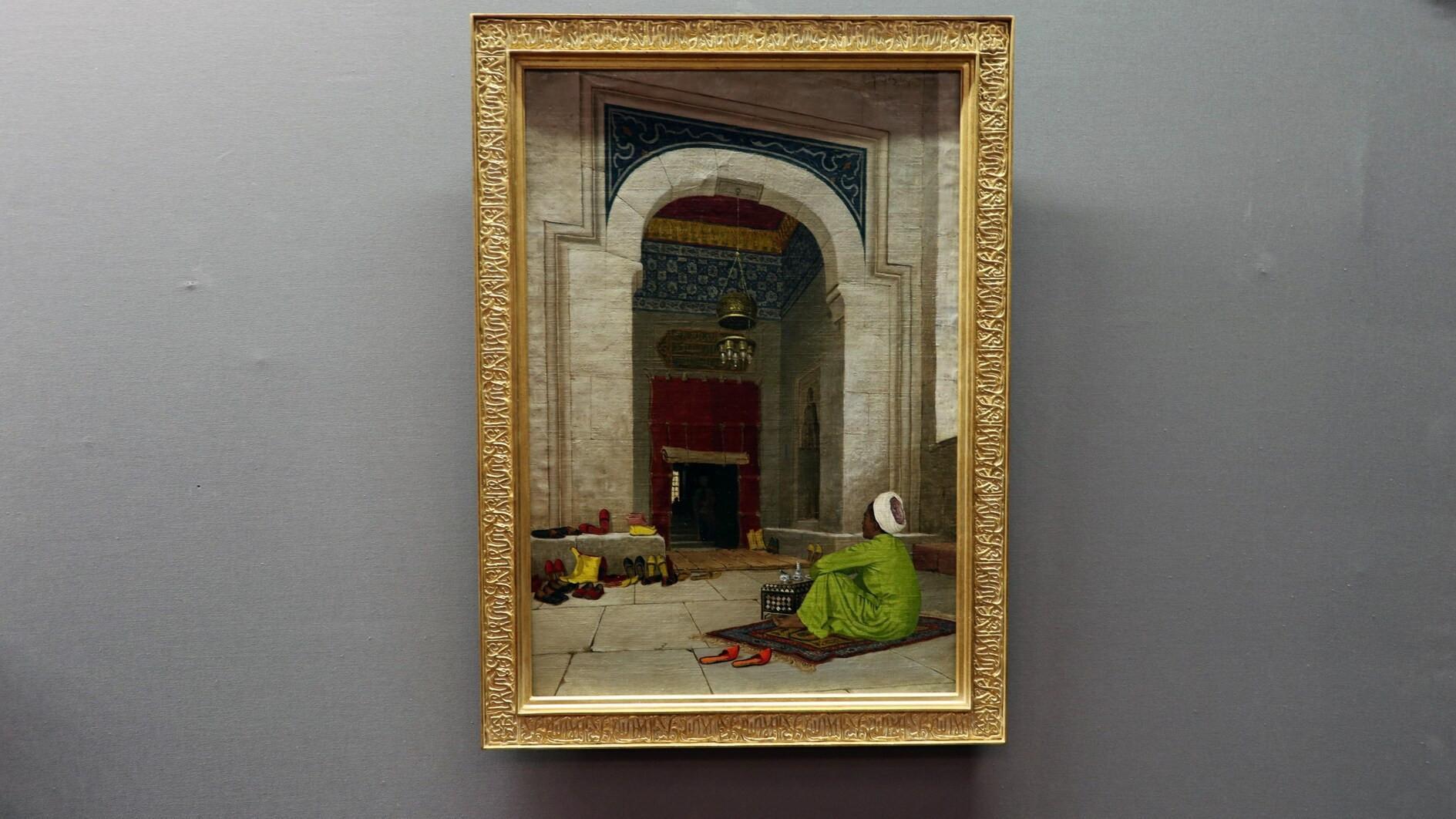Will Turkey wait for more elections for a coalition government?
The upcoming make-it-or-break-it meeting between the leaders of the ruling Justice and Development Party (AKP) and the Republican People’s Party (CHP) will show whether the two men can reach out and compromise on key contentious areas to form a “grand coalition.”
AKP chair and Prime Minister Ahmet Davutoğlu and CHP chair Kemal Kılıçdaroğlu will meet on either Thursday or Friday to decide whether to form a government or not with just around 10 days left until the expiration date of a 45-day deadline. Their meeting late Aug. 10 created cautious optimism in the country, while their spokespersons were very careful in their wording while describing the meeting.
According to sources familiar with the preceding exploratory talks as well as the Davutoğlu-Kılıçdaroğlu meeting, the current picture is far from offering a window of opportunity for a coalition government between the two ideologically opposite political parties. Although the sense of urgency has emerged for the formation of a government in light of increased terrorism in the country, there are important issues they fail to agree on.
First and foremost is the status of a potential coalition government: The CHP insists that it should be a fully new, strong and high-profile government for a four-year mandate with the task of resolving the country’s main problems. There are those who call it “the reform or restoration government.”
The main issues this government should deal with are overhauling foreign policy, modernizing educational policies, ensuring the independence and impartiality of the judiciary, solving the Kurdish question and renewing the constitution so that it promotes freedoms, human rights and democratic means. This view of the CHP comes from its observations that the AKP failed to address these problems even though it formed a single-party government for more than a decade. The two parties’ number of seats exceed the two-thirds majority required for constitutional amendments and would help the two parties renew the charter without going to a referendum.
Especially at a moment when the country is fighting against terrorist organizations that present a big risk to Turkey’s comfort, peace and stability, the CHP believes a long-term government with a solid agenda would be the best option for the country.
That’s the main point of disagreement between the AKP and the CHP, according to sources. Although AKP officials admit the need to touch on some of these main issues cited by the CHP, it suggests a government with a limited tenure. This means the government will go to the polls after a certain period of time.
The second disagreement is on the key issues of Turkey, namely foreign and educational policies. AKP officials do not believe that foreign policy is causing troubles for the country and they believe its choices on Syria and Egypt are unquestionable. It’s a similar story on education: the AKP argues that the CHP’s purpose is to shut down vocational religious schools and remove compulsory religious courses from the curriculum. Denying these claims, the CHP says it has no intention of shutting down these schools but modernize its curriculum.
The third difference is on how the new constitution will shape presidential powers and status. The CHP insists in reinforcing the parliamentarian system by weakening the presidency while the AKP wants the exact opposite. On the other hand, there are issues the parties have similarities on but at this stage, they are unlikely to be enough for the formation of a coalition government.
In the event Davutoğlu and Kılıçdaroğlu can’t agree on a government in their next meeting this week, the CHP will call for early elections as soon as possible without further delaying the process.
A senior CHP official recently told the Hürriyet Daily News: “Either this week or three months later, this coalition between the AKP and the CHP will have to be formed. Because the early elections will not change today’s composition and they will be obliged to knock on our doors.”











